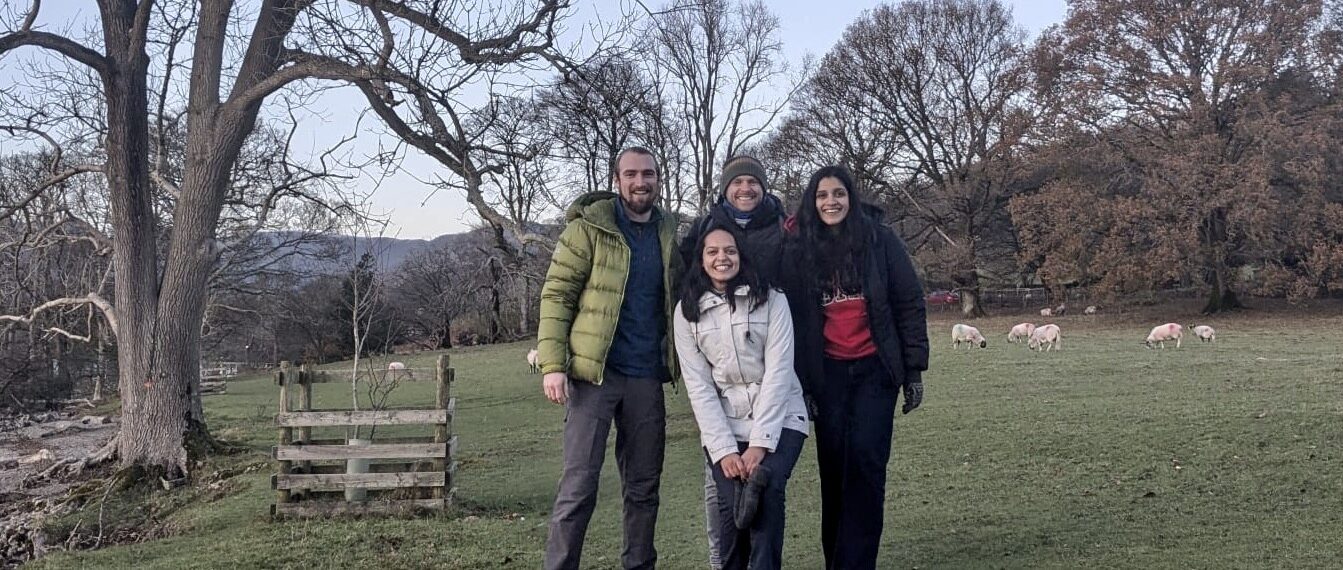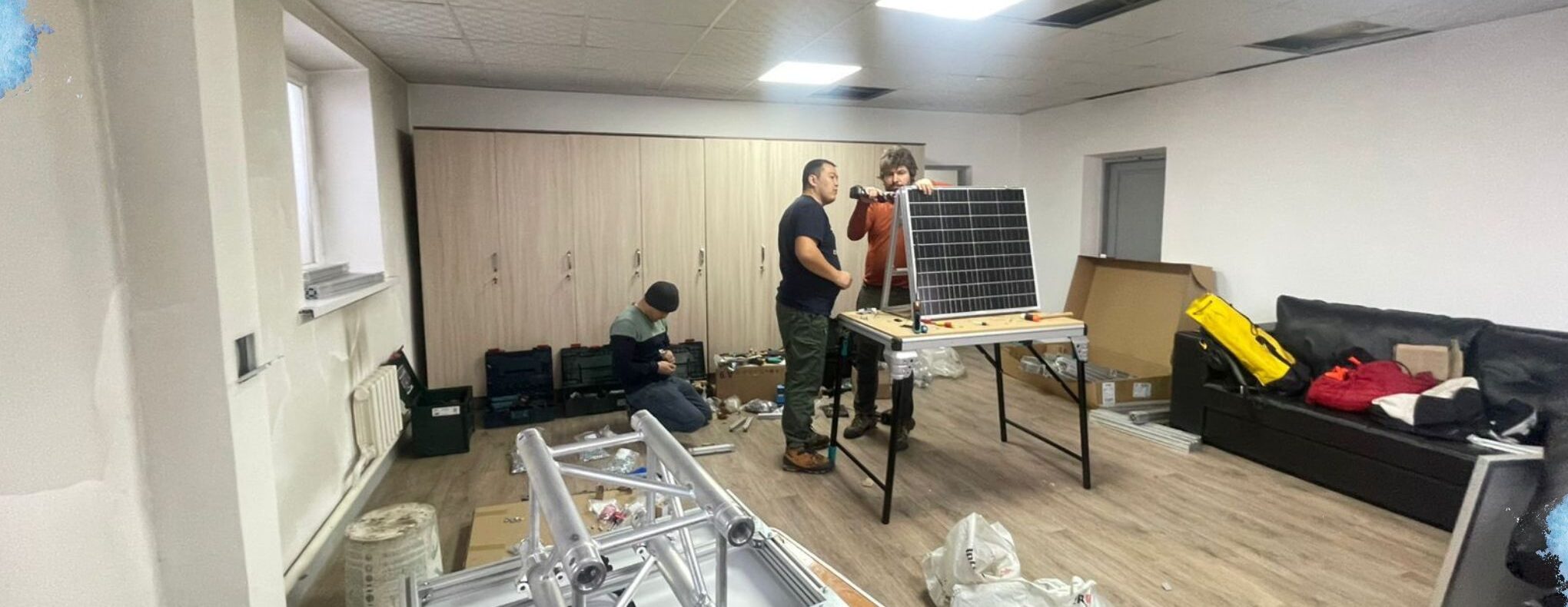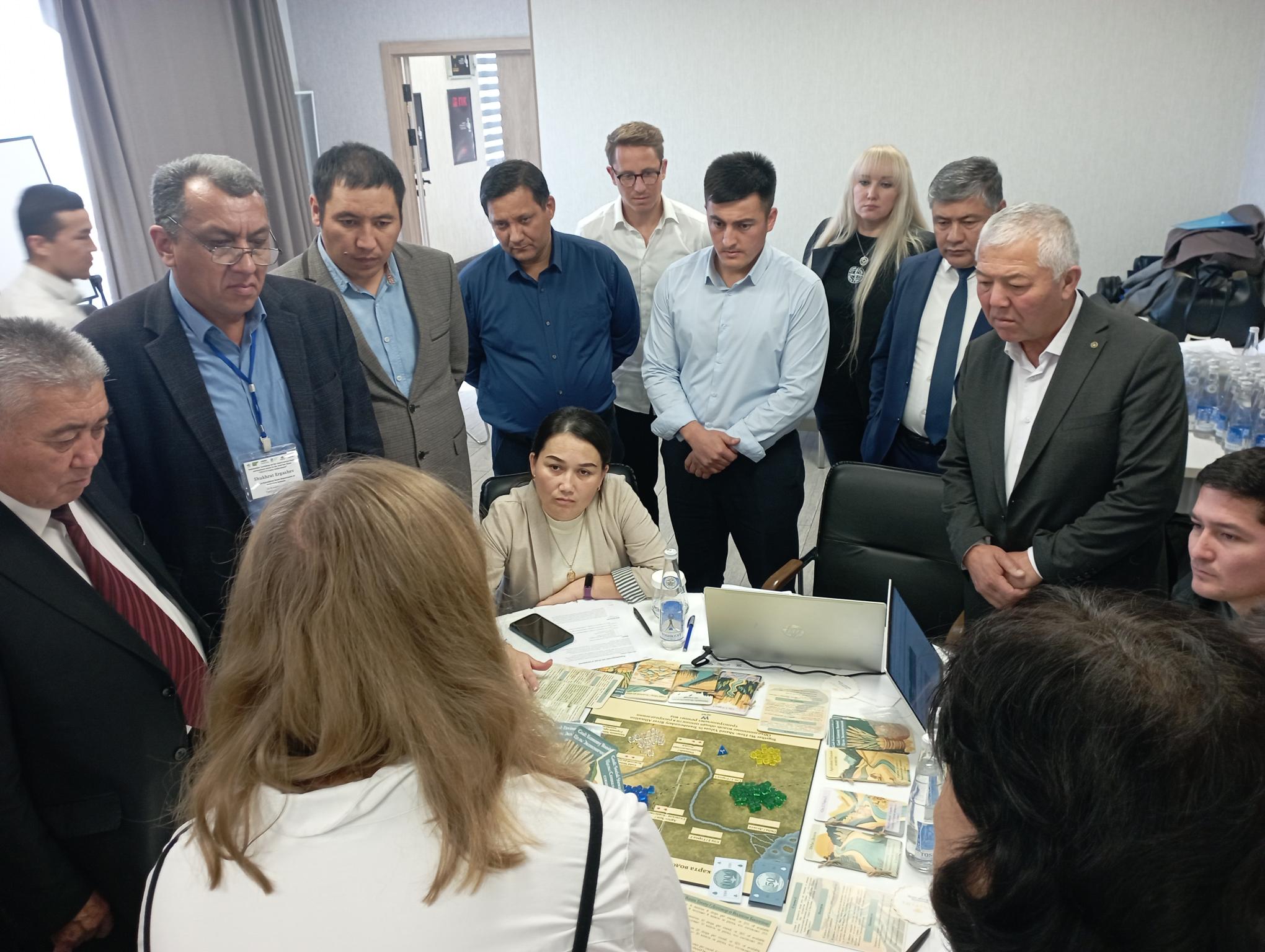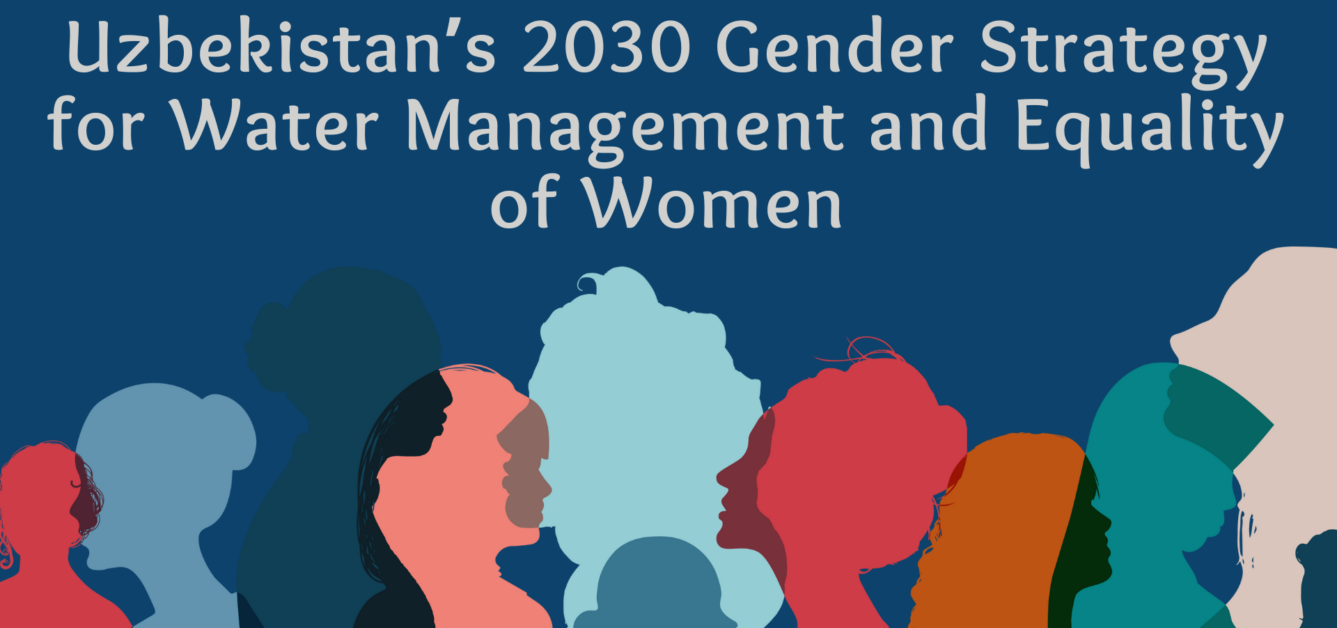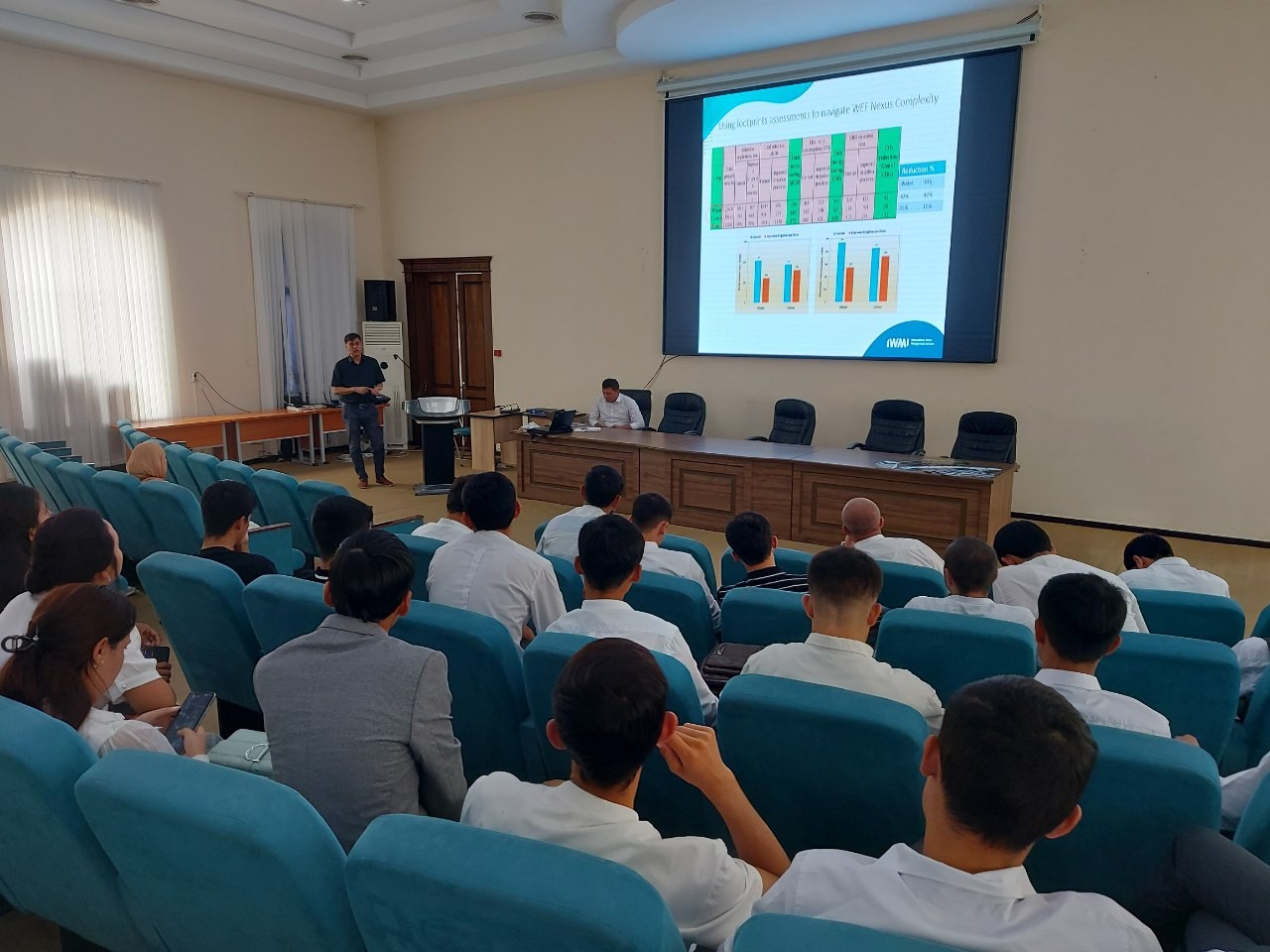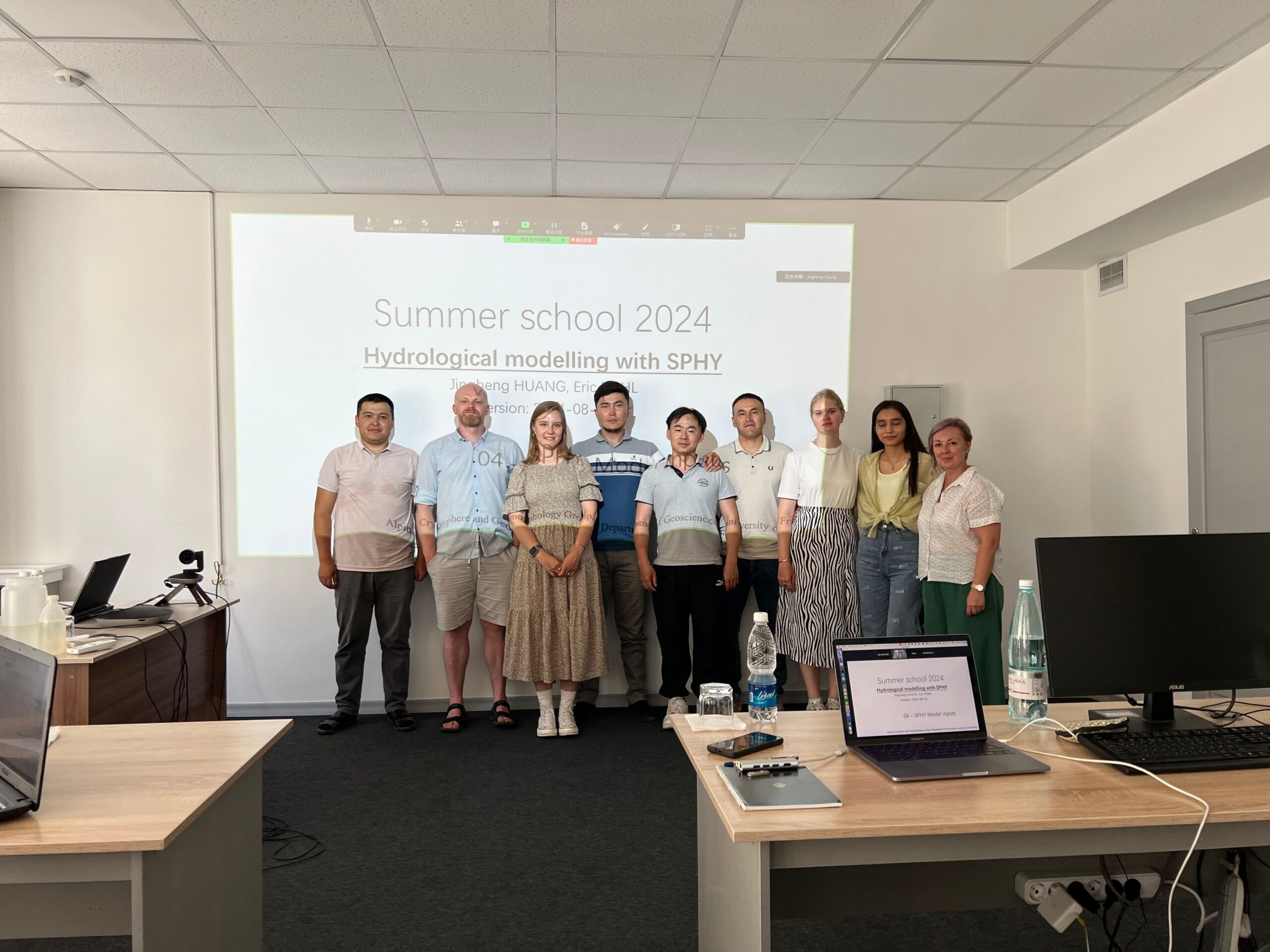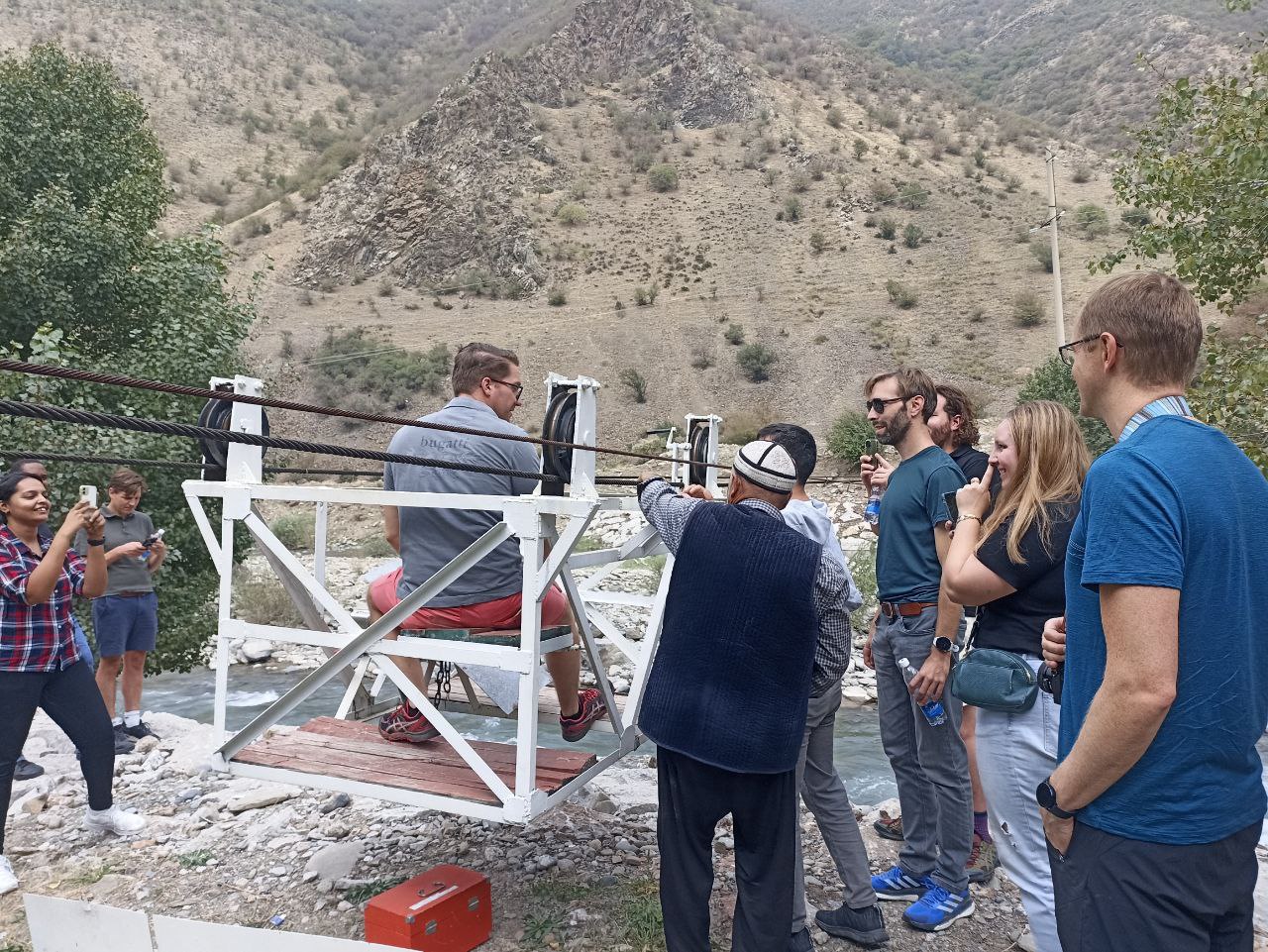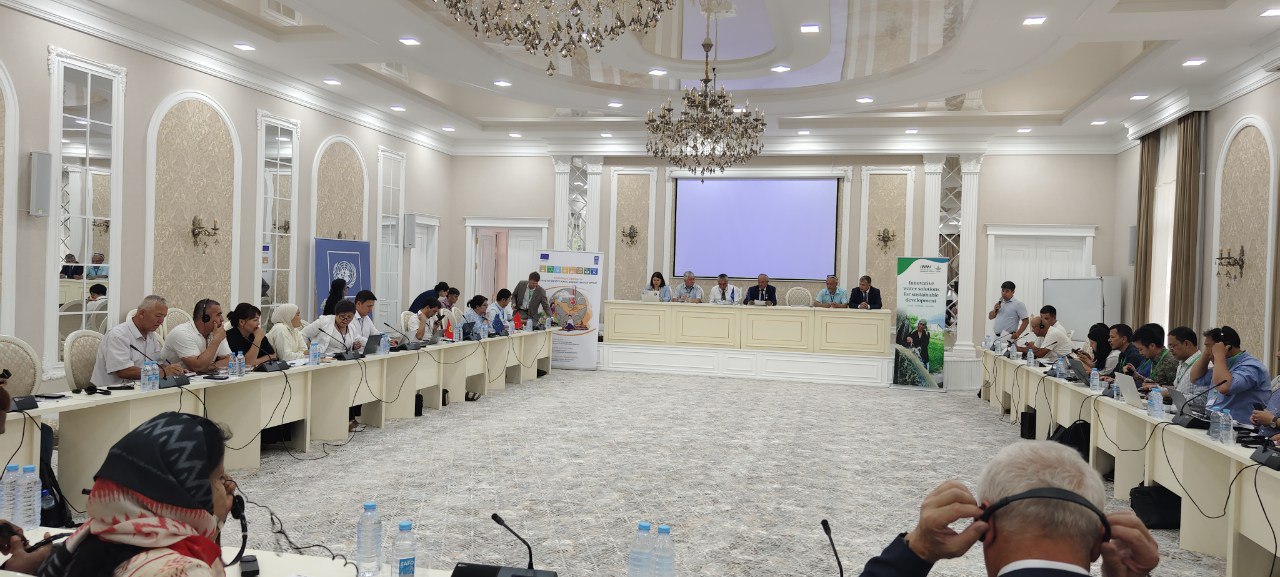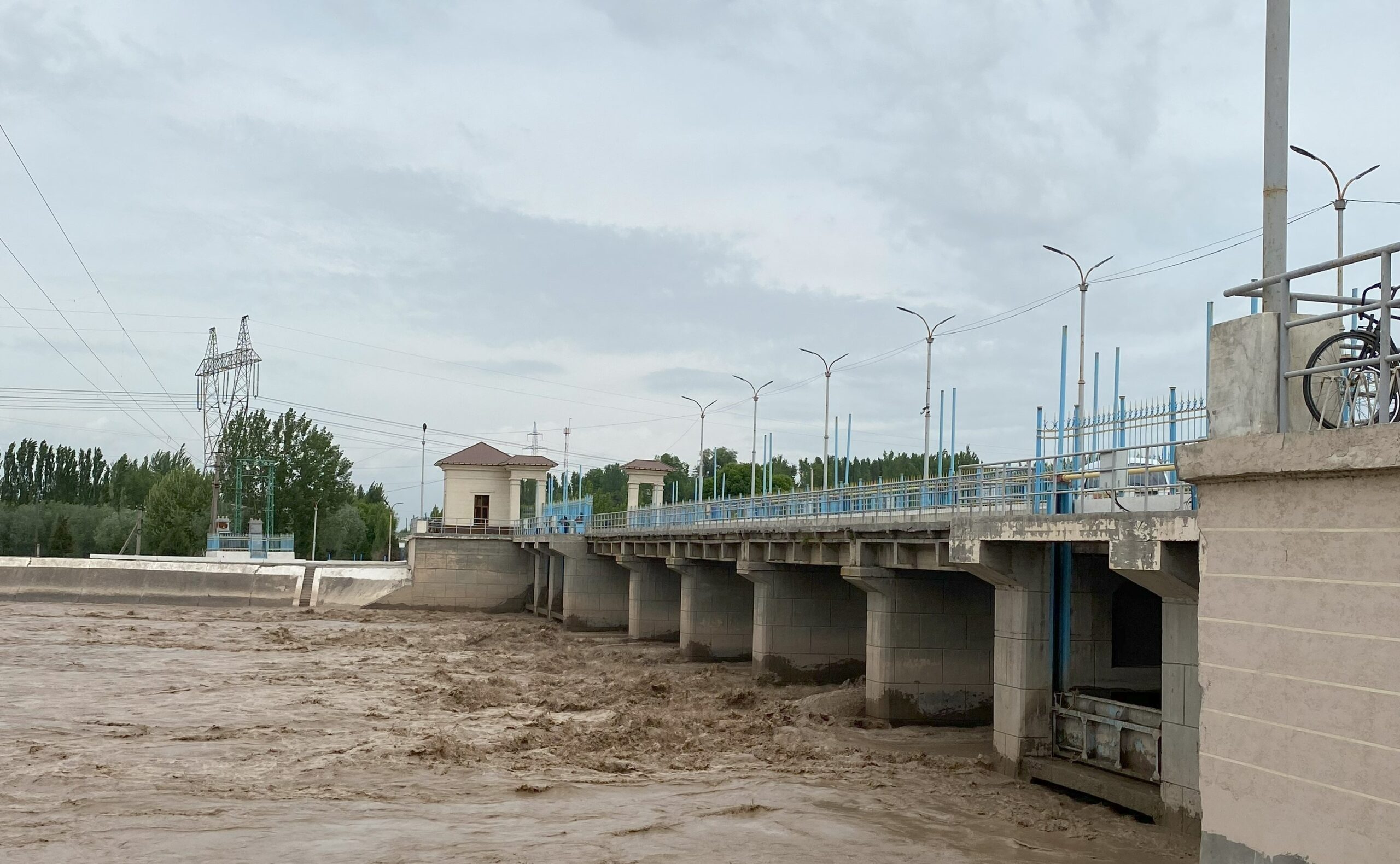By supporting women’s rights, enhancing their social, economic, and political roles, this strategy aims to bring equality to agriculture, particularly in water management. The Gender Strategy aims to create supportive conditions for both men and women, create favorable conditions to enhance women’s roles, and develop policies that reflect their needs.
Participants at the roundtable included experts from ministries, NGOs, gender specialists, and media representatives. Together, they stressed the need for greater female participation and the strengthening of women’s roles in water resource management as part of broader agricultural and economic reform. The event also marked a continuation of the Ministry’s 2021 gender assessment, a foundational document that laid out clear goals for ensuring gender equality in Uzbekistan.
The 2021 gender assessment, adopted by the Senate, set a guiding vision to achieve real equality between men and women across all sectors. Key objectives of the assessment include:
• Encouraging Equal Participation: The strategy aims to promote equal involvement of women and men in politics, economics, law, culture, and science, with particular emphasis on creating equal leadership opportunities.
• Strengthening Leadership and Political Roles: It prioritizes increasing women’s political activity, improving societal perceptions of women’s leadership, and ensuring equal rights in voting processes.
The assessment also focuses on practical measures, such as monitoring gender balance in electoral commissions, encouraging political parties to engage more women, and expanding opportunities for women in leadership roles across government levels.
The roundtable also focused on the current state of gender equality in water management, incorporating international best practices and the principles of integrated water resource management. Attendees discussed specific approaches and key actions to achieve the 2030 goals in close collaboration with stakeholders. This strategic framework marks a significant step towards more equal and inclusive water management in Uzbekistan.
Source: UzA

